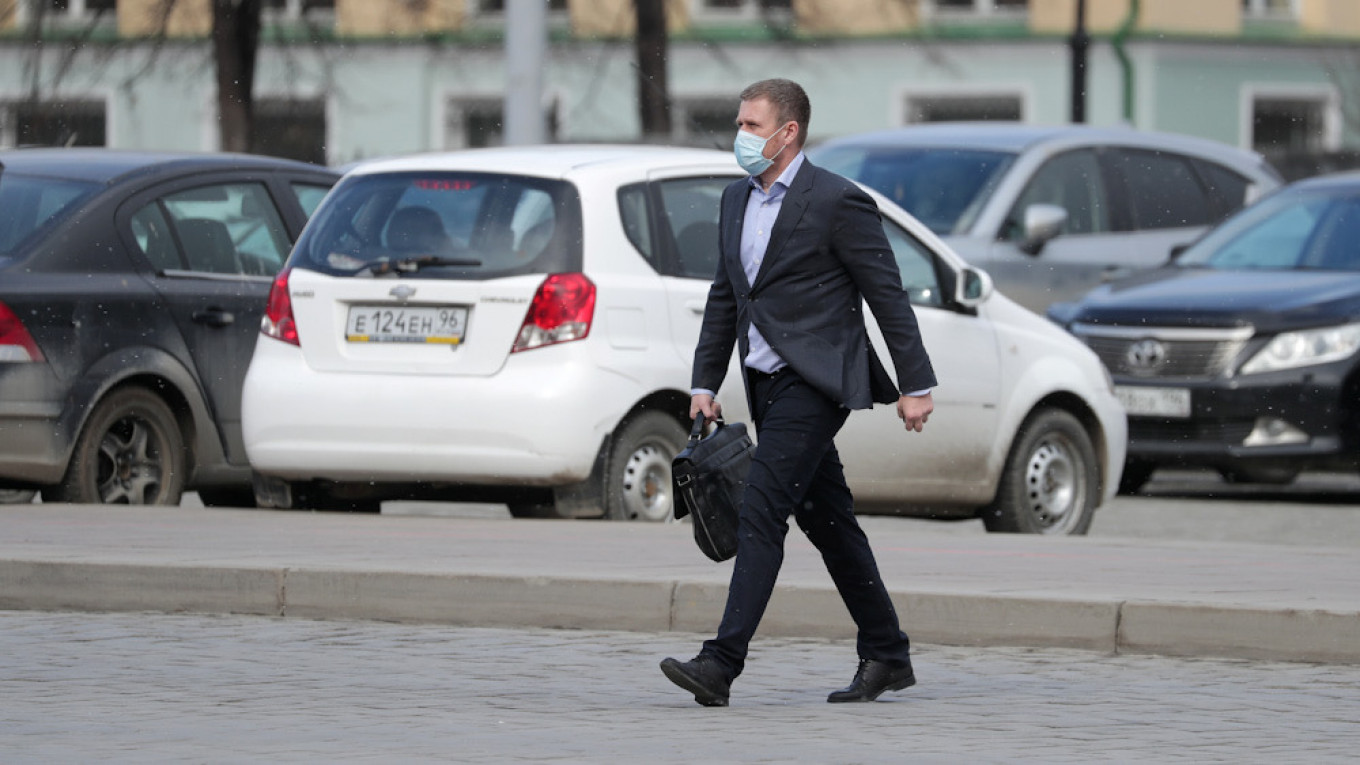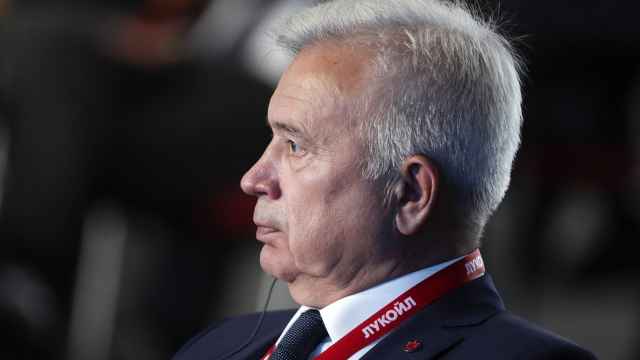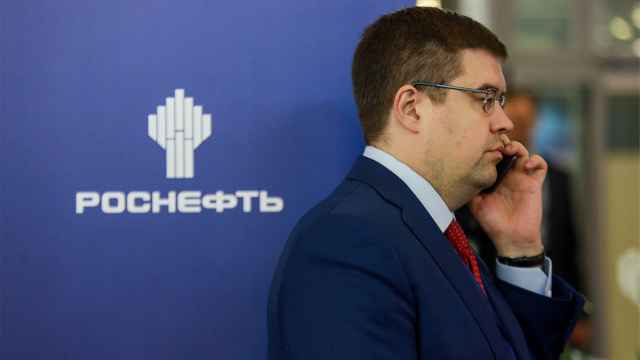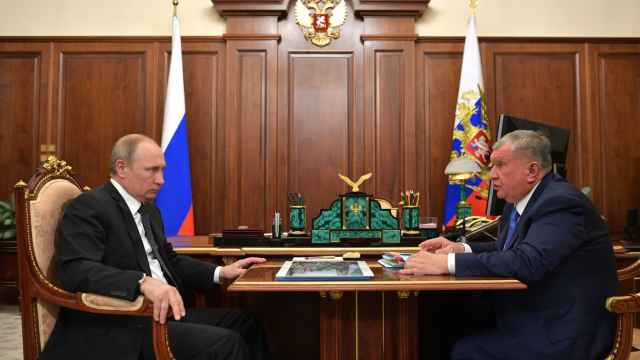For Oleg Voronin, co-founder of upmarket fashion chain I Am Studio, the most difficult period of 2020 wasn’t the two months when Moscow’s quarantine restrictions forced him to shut his stores.
“It was fall,” he told The Moscow Times, “when we had to find the funds to start making next year’s spring and summer collections, but trade had still not returned to pre-crisis levels,” and cash was running low.
“Since September, traffic and revenue have fallen markedly, yet we have the same — even higher — costs,” he added. The post-lockdown spending spree he had hoped for failed to materialize, while landlords were unwilling to extend rent discounts given that Russia has not reintroduced any formal restrictions on businesses opening.
Oleg is among the luckier of Russia’s small business owners. A network of stores outside Moscow — where spending and footfall held up better than in the capital — alongside new ideas like personal style consultations over Zoom helped him minimize the fall in income last year to just 15%. That’s better than most in his industry.
Across Russia’s corporate world, profits were down by more than 40% during 2020 at the last count, Russia’s statistics agency Rosstat found. And in a recent survey, a third of small businesses said last year was the worst in their history — a not insignificant portion given that this is the third economic crisis Russia has faced in 12 years.
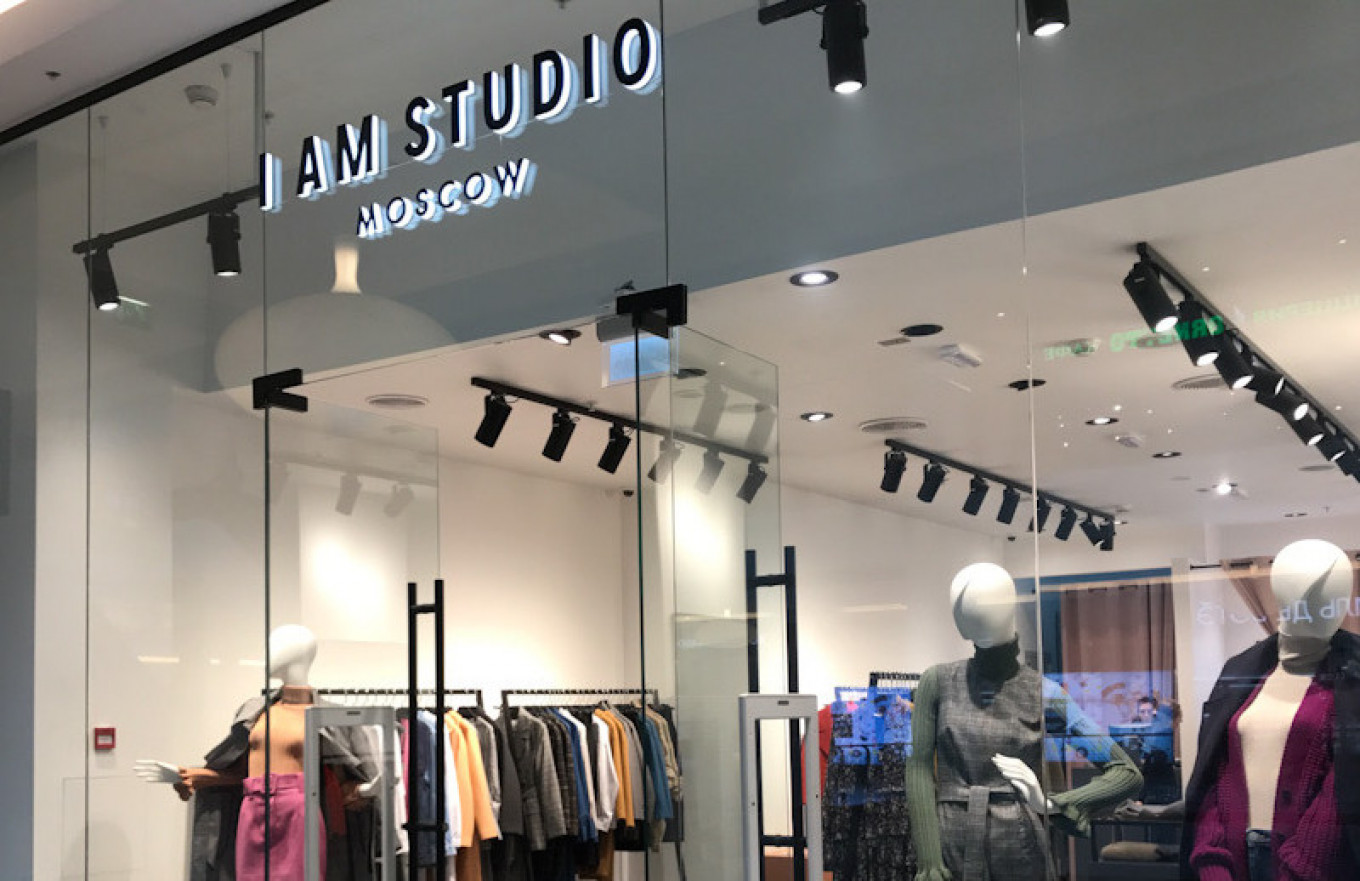
And some experts fear the worst is yet to come, with the real reckoning in 2021, when government-backed cheap loans need to be repaid, tax holidays end and a moratorium on bankruptcy winds down. As many as one in every four businesses is being kept afloat by the moratorium — introduced last April and allowing firms to hold off initiating bankruptcy proceedings until February — a study by the Center for Strategic Research estimated.
Business debts rose 14% during the pandemic, with corporate loans now equal to 62% of Russia’s GDP, Central Bank chief Elvira Nabiullina told a parliamentary hearing. The number of small businesses classified as debtors is up by almost two thirds, she said, warning about the emergence of “zombie borrowers” — firms being propped up by coronavirus-related cheap cash that could otherwise not afford to pay back their debts.
Data shows more and more small businesses and entrepreneurs are turning to ultra high-interest payday loans to fill budget gaps.
Meanwhile, Central Bank analysts have warned the pandemic’s “cleansing effect” — the wiping out of tens of thousands of the country’s least profitable firms — might not lead to the creation of new, more innovative and productive companies in their place, as might usually be expected.
Mind the gap
Beside the discreet single-door entrance to I Am Studio’s central Moscow showroom is a branch of Sberbank, the state-controlled banking behemoth and Russia’s most valuable company.
While Oleg was struggling to find the cash to start producing this year’s collections, his neighbor was racking up almost $10 billion in profit and using the pandemic to kick-start its technology empire — investing billions of rubles in the likes of online education, logistics, foodtech, driverless cars and e-commerce.

At final count, Sberbank’s profits this year could pass the one-trillion ruble mark ($13.5 billion), VTB Capital estimates.
Their differing fortunes are an exaggerated example of the chasm in Russia’s corporate world that entrepreneurs have long complained about — the gap between the privileges dished out to state-owned and Kremlin-connected firms, and small business owners, whom President Vladimir Putin referred to as “swindlers” at the start of the crisis.
Scores of entrepreneurs — restaurateurs, small manufacturers, gym owners, retailers, hairdressers, advertising agencies and designers — felt they were left to fend for themselves throughout the crisis. As they were desperately trying to negotiate rent discounts or salary cuts for staff, they saw the Kremlin drawing up lists of the country’s most “systemically important” companies who were given access to cheap loans, grants and salary support schemes.
Most — including Oleg — shunned the offers of government-backed cheap loans, which were limited to around $160 per employee per month, deciding the hefty bureaucracy to get hold of the cash was not worth the effort.
Corporate results show the pandemic could now have widened the gap between those at the top and bottom of Russia’s business ladder. While profits are down by more than 40% among the 55,000 corporations analyzed by Rosstat, ratings agency Fitch expects a decline of less than 8% at the 62 businesses — the country’s largest — which it tracks.
For the wider economy, the fact that big businesses are weathering the storm better could be a blessing. Small businesses make up just a fifth of Russia’s GDP and account for only a quarter of investment. They are also more likely to cut back in times of crises, unlike larger corporates and state-linked companies, which are seen as a lever of government policy. For instance, the Bank of Finland’s Institute for Economies in Transition (BOFIT) highlighted that investment — a driver of longer-term growth — by larger firms was down only 2% last year, while small business slashed by 10%.
Crucially, among those large businesses holding up are the country’s banks — as attested to by Sberbank’s impressive profitability in 2020. In previous crises Russia’s fragile banking system, with its hundreds of poorly-capitalized lenders and shady lending practices, had been a weak spot — amplifying the economic chaos.
This time, after a seven-year clean-up operation which has halved the number of financial institutions, the sector hit “peak profitability” in the months before the crisis, the International Monetary Fund (IMF) said. The need to potentially take losses on the loans dished out to those “zombie” firms is “not expected to put much pressure on the capital of most banks, if at all,” the organization added.
Tech to the rescue
If banks have performed well, the undisputed pandemic winners — and bright hopes for the future — have been Russia’s fledgling technology firms. The pandemic has accelerated Russia’s digital development by years. Yandex is worth 60% more in dollar terms than this time last year, for instance, while the commodity-heavy Russian stock market is still flashing red.
The pandemic helped cement Russia’s place as the home of globally-competitive technology companies, the International Monetary Fund (IMF) said in a recent report.
“Yandex is among the top-5 web search platforms in the world. VKontakte is among the top-5 largest social media platforms and HeadHunter is the third most-popular internet recruitment platform globally,” it said.

The pandemic “played into the hands of Russian-speaking technology entrepreneurs,” Alexander Chachava, managing partner of LETA Capital said, referring to the recent success of firms from Russia as well as Kazakhstan and Ukraine on the global stage.
“It elimited some of the fundamental shortcomings that made it difficult to compete … after all, they simply have more experience of heightened uncertainty,” he said.
Prospects are also high for the year ahead, analysts report. Russia still has plenty of catching up to do with more advanced economies — and huge potential. The online retail industry, for instance, is expected to grow by more than 30% in 2021 with niches like online grocery delivery services set to expand by more than 60%.
With almost 100 million internet users — the most in Europe — continued digitization could help fuel Russia’s otherwise-sluggish recovery, the IMF believes.
Expansion could help bring Russia’s unemployment rate down from an eight-year high, including in spillover industries. For instance, couriers — needed to deliver millions of extra packages and fast food orders — were in high demand at the end of 2020, recruitment website SuperJob found — with three times more vacancies than this time last year.
More of Russia’s private tech businesses also look set to capitalize on demand from international investors to get a piece of Russia’s digital expansion — highlighted by the successful stock market launch of e-commerce player Ozon in New York last year. The Nasdaq exchange recently said it is in discussions with at least five other Russian firms looking to go public — chief among them is expected to be ivi, an online streaming service hailed as Russia’s answer to Netflix.
But despite these signs that the pandemic could have helped propel Russian technology into a new era, it has also exposed one of the most fundamental weaknesses Russia’s startups face: funding. Excluding the multi-million dollar funding rounds for Ozon, venture capital investments were down 37% in the first half of last year to a total of just $90 million, PwC found. The $240 million total, including Ozon, dwindles next to the $70 billion scooped up by U.S.-based companies during the same period, according to KPMG — almost 300 times more.

A strong digital economy could be crucial not only in terms of diversifying Russia’s corporate landscape away from commodities, but also in giving smaller businesses — like I Am Studio — a leg-up coming out of the recovery. During the lockdown, it started selling through online marketplaces for the first time, providing a new source of revenue and a much-needed cushion while its physical stores were shut.
But owner Oleg is cautious about the prospects for this year.
“I’m looking at 2021 with restrained optimism. I don’t think the situation will turn 180 degrees or that demand and spending will go up sharply,” he said.
“But we will not sit and wait — in February, we plan to open another store.”
Their pandemic experiences may have been vastly different, but that mindset is one thing he does appear to share with German Gref, the CEO of Sberbank, whose branch sits next to his showroom.
“There are no options to sit it out or just wait for the storm to pass,” Gref said when he unveiled Sberbank’s own massive transformation and expansion plans.
“Storms are becoming the new normal — it won't be getting any easier.”
A Message from The Moscow Times:
Dear readers,
We are facing unprecedented challenges. Russia's Prosecutor General's Office has designated The Moscow Times as an "undesirable" organization, criminalizing our work and putting our staff at risk of prosecution. This follows our earlier unjust labeling as a "foreign agent."
These actions are direct attempts to silence independent journalism in Russia. The authorities claim our work "discredits the decisions of the Russian leadership." We see things differently: we strive to provide accurate, unbiased reporting on Russia.
We, the journalists of The Moscow Times, refuse to be silenced. But to continue our work, we need your help.
Your support, no matter how small, makes a world of difference. If you can, please support us monthly starting from just $2. It's quick to set up, and every contribution makes a significant impact.
By supporting The Moscow Times, you're defending open, independent journalism in the face of repression. Thank you for standing with us.
Remind me later.



